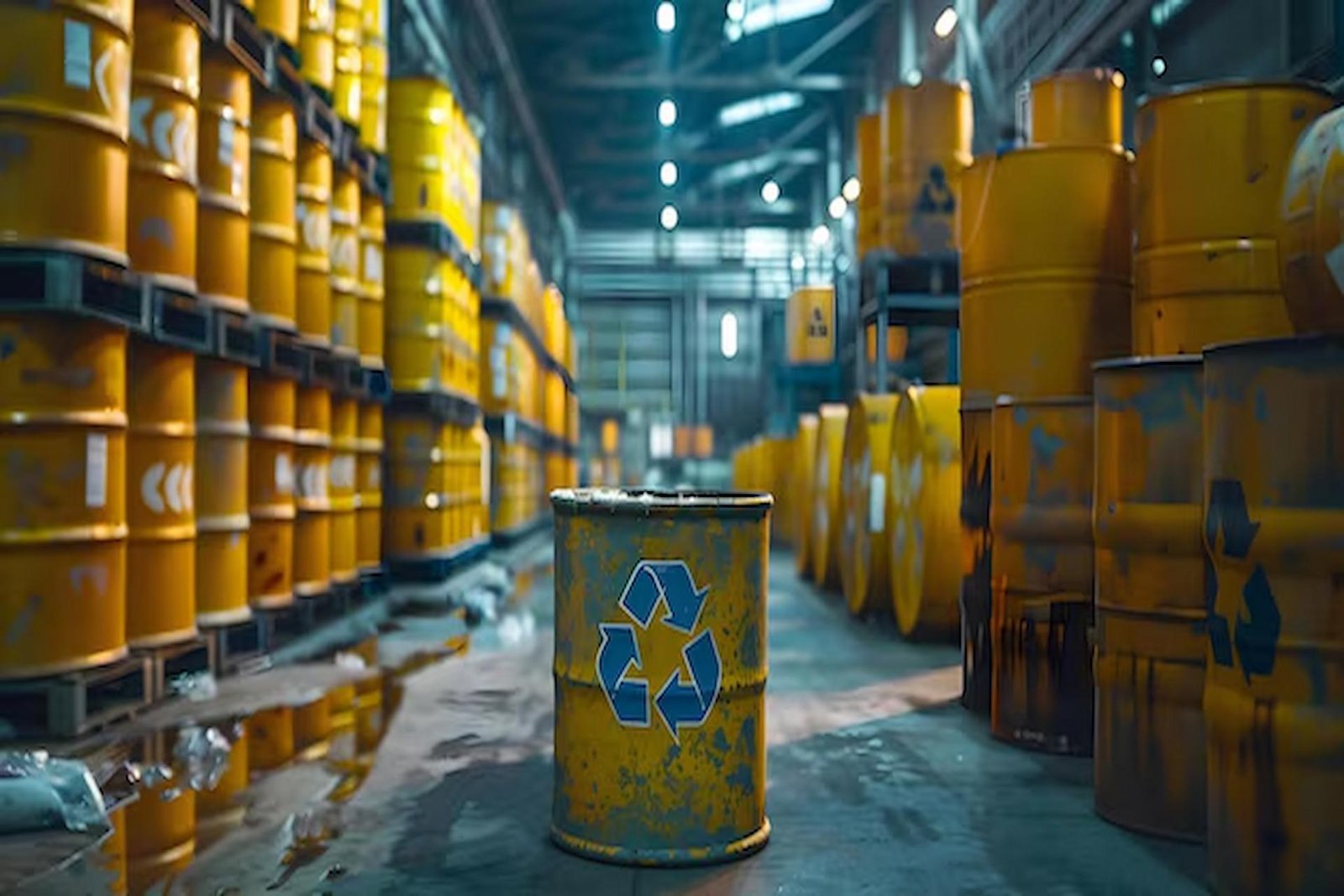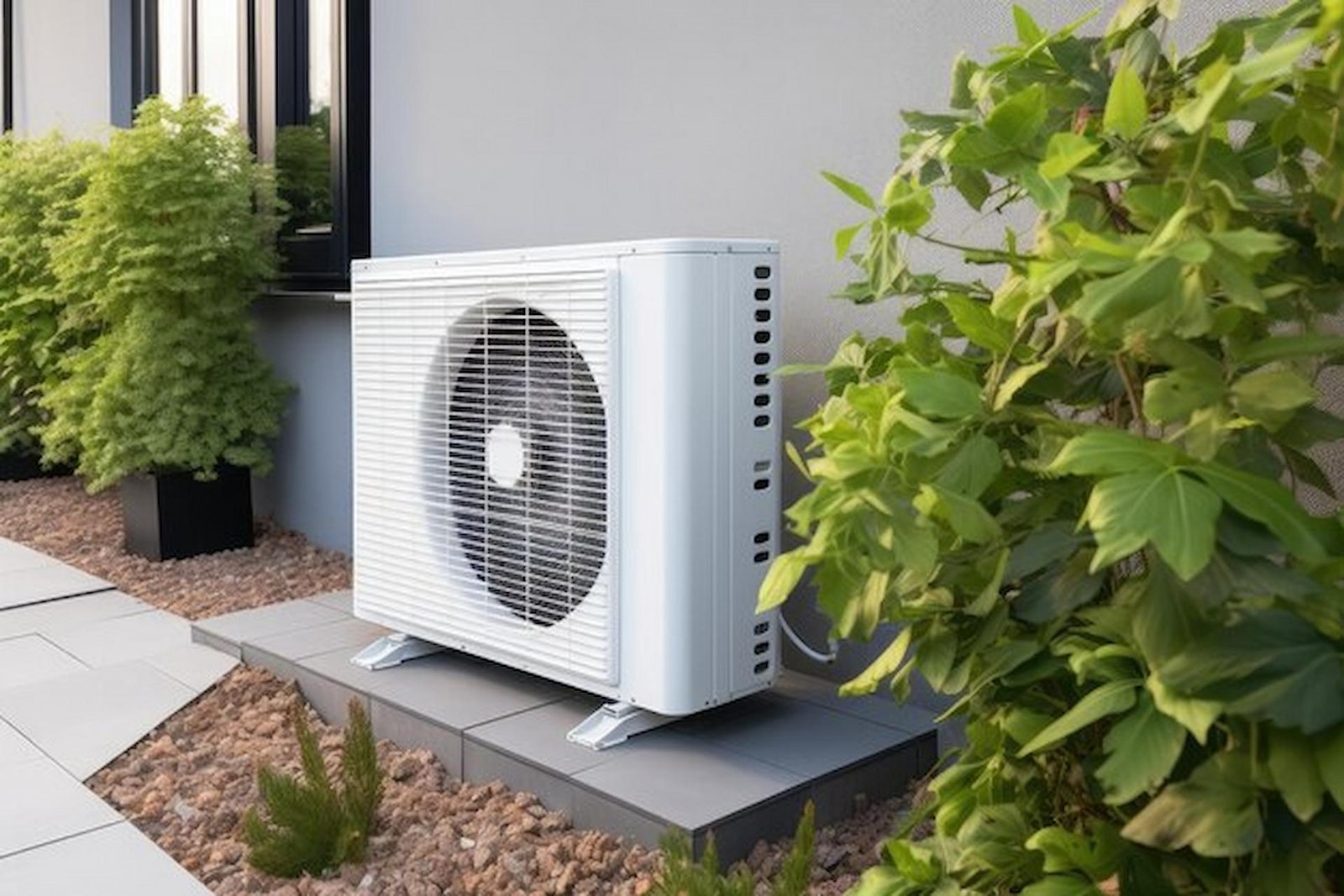Everything You Need to Know
The safe storage of hazardous materials is nothing short of essential – but where do you begin? Here is everything you need to know about storing dangerous materials safely, including the use of bunded storage solutions.
What Materials Are Hazardous?
There are many hazardous materials out there, and it can be hard to know what is dangerous and what isn’t. As a general rule of thumb, hazardous materials include:
- Industrial chemicals
- Diesel, petrol, and other fuels
- Gases such as oxygen, propane, and nitrogen
- Acids
- Oils
- Cleaning chemicals
Dangerous materials like these pose a number of risks. They can be flammable, toxic, corrosive, reactive, or even explosive. So, it is really important that you store them correctly.
Storage Guidelines
Although every workplace is different, the following rules can be applied to all kinds of sites:
Separating Chemicals
Different types of hazardous materials must be stored separately to prevent dangerous reactions. This means not storing flammable liquids near oxidisers, and keeping acids away from bases. If you aren’t sure what you can store together, contact the supplier to see what they advise, or get in touch with an environmental health professional.
Proper Labelling and Identification
All hazardous materials should be clearly labelled with their contents and the risks they pose, along with any handling instructions. It is a good idea to use internationally recognised hazard symbols to ensure that employees, no matter where they are from, can quickly identify risks and take all the appropriate precautions.
Emergency Planning
Every workplace, no matter the sector, should have clear protocols for dealing with any leaks or spills of dangerous materials. You should lay out any evacuation procedures and first-aid measures – and make sure that your team members know where the first aid supplies are and how to use them. This might seem like extra training you could do without, but it really could prove to be lifesaving.
PPE
Employees handling hazardous substances must wear appropriate PPE when doing so, and this needs to be provided by you. PPE is wide ranging and includes gloves, goggles, respirators, and protective clothing. Staff should be shown how to wear PPE correctly, as failing to do so negates all of the safety benefits it provides.
Bunded Storage Solutions
Bunded storage is one of the most effective ways to contain hazardous substances and prevent any accidents. A bund is a secondary containment system designed to capture spills and leaks from storage containers. Think of it as an extra layer of protection between you and the materials the container houses.
Carry Out Inspections
If you do invest in bunded storage for your business premises, then you need to carry out regular inspections to ensure that it remains effective. Buying your storage from a trusted manufacturer means that you can expect it to be made from materials that stand the test of time, but taking a good look at it every so often can help to prevent any accidents.
What Now?
Storing hazardous materials safely is essential, and now you know how to do so! So, if you need to make some changes in your workplace, the time to implement them is now.


